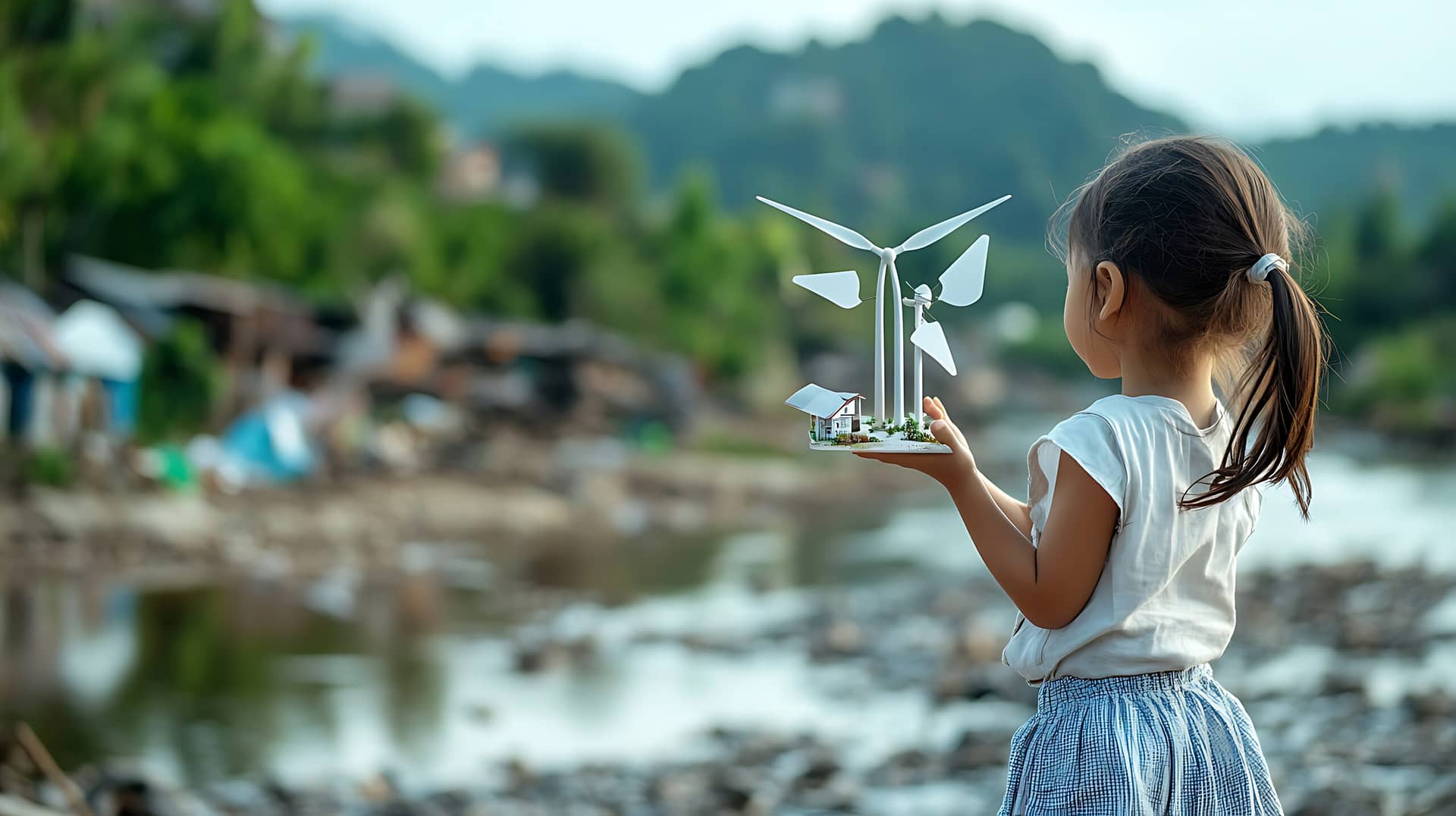Amid global challenges to reduce carbon emissions and accelerate the shift to clean energy, Indonesia holds a unique strength that is often overlooked: local wisdom. Across its thousands of islands, Indonesia is home to countless traditional practices that emphasize living in harmony with nature. These cultural values are not merely relics of the past, but could serve as a strong foundation for a more sustainable energy future.
Learning from Nature’s Inspiration
For generations, many Indigenous communities in Indonesia have lived by the principle of “manunggaling kawula lan alam”—the unity of humans and nature. In Kalimantan, the Dayak people practice shifting cultivation with long fallow periods to allow the land to recover. In East Nusa Tenggara, the mamar tradition protects forest areas to preserve water sources and sustain life.
This deep respect for natural resources strongly aligns with the principles of the energy transition: building renewable energy systems that aim not only for efficiency but also ecological sustainability. Community-based solar panels, micro-hydro plants, and bioenergy projects resonate with traditional mindsets—using energy wisely, without disturbing the natural balance.
Community-Based Energy Models
Across Indonesia, there are already examples of how local wisdom is strengthening the clean energy agenda. In Kamanggih Village, East Sumba, East Nusa Tenggara, residents have successfully managed a community-based micro-hydro power plant. Its energy source—a small river—is revered by the local people as a sacred part of their cosmology.
This approach does more than provide electricity for the village. It also preserves values like gotong royong (mutual cooperation), self-reliance, and environmental stewardship. Villages like Kamanggih prove that energy transition doesn’t always need massive investments—it can be rooted in community initiatives, cultural values, and energy sovereignty.
Tapping into Cultural Energy Heritage
Indonesia’s cultural richness reflects that alternative energy is not a foreign concept. Historically, traditional societies have used biomass energy from firewood, wind energy for sailing, and hydropower for rice milling. In today’s context, that heritage can be modernized without losing its spirit.
Educational programs on renewable energy, when combined with cultural approaches, become key. For instance, biogas technology training in Balinese villages often incorporates folklore about Dewi Sri, the goddess of fertility, as a metaphor for maintaining the natural cycle. This kind of approach makes technology feel familiar—not as an imported product, but as a continuation of daily life.
Challenges and Hopes
Despite its great potential, integrating local wisdom into national energy transition strategies comes with challenges. Modernization often sidelines traditions. Urban migration distances younger generations from their cultural roots. Moreover, national policy frameworks often fail to fully accommodate local perspectives.
Yet therein lies a tremendous opportunity. A just energy transition requires the empowerment of Indigenous peoples, farmers, fishers, and local communities as central actors, not just as passive beneficiaries. The energy transition should not only be about installing more solar panels or wind turbines—it must be about maintaining harmony between people, technology, and nature.
Supportive regulations, innovative financing, and collaboration among government, the private sector, academia, and civil society are essential. Above all, this effort must be grounded in the awareness that local wisdom is not just a cultural relic, but a moral compass guiding us toward a sustainable energy future.
Learning from the Archipelago, For the World
Indonesia has a rare opportunity: to become a global example of how energy transition can be rooted in culture and tradition. Amid the dominant narrative of high-tech solutions and mega projects, Indonesia can offer a different path: an inclusive energy transition, based on local wisdom and the protection of Indigenous rights.
Just like the Balinese philosophy of “Tri Hita Karana”, which emphasizes harmony between humans, nature, and the divine, the energy transition should not be a purely technical endeavor—it is also a spiritual and social journey. Honoring cultural richness does not mean rejecting modernity; it means building a bridge between ancient wisdom and the demands of a new era.
In the end, the key to Indonesia’s energy transition success lies not only in technological innovation, but in our ability to listen to the voices of the forests, rivers, mountains, and seas—voices that have taught us for thousands of years how to live in balance with the Earth

